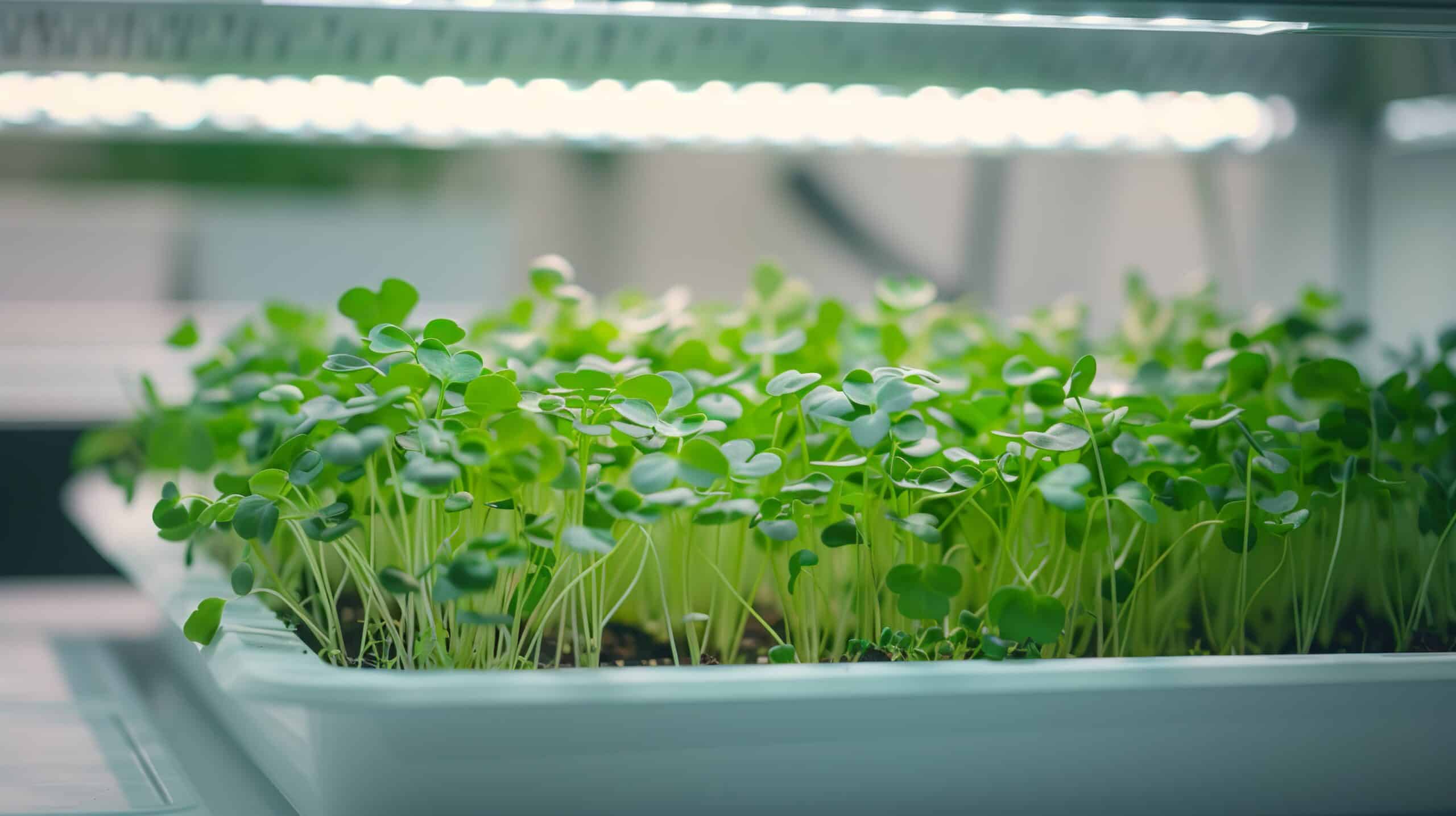Are Microgreens Healthier Than Spinach?
Key Takeaways
- Microgreens are more nutrient-dense than spinach, with significantly higher concentrations of vitamins and minerals.
- Microgreens offer several health benefits, including easier absorption by the body, anti-inflammatory effects, and contributions to digestive health.
- Microgreens have minimal environmental impact and can be easily grown at home, allowing for year-round availability without contributing to the carbon footprint associated with transporting produce.
Microgreens have gained popularity in recent years for their nutritional benefits and versatility in cooking. But are they really healthier than spinach? Let’s delve into the research and find out.
The Nutrient-Density of Microgreens
Several studies have shown that microgreens are indeed more nutrient-dense than spinach. According to a study mentioned on nutritionfacts.org, microgreens have significantly higher nutrient densities compared to mature leaves. For example, red cabbage microgreens have a 6-fold higher vitamin C concentration than mature red cabbage, and a staggering 69 times the vitamin K.
Another source, mastermicrogreens.com, highlights that microgreens offer a more concentrated source of nutrients compared to mature spinach, containing up to 40 times more valuable nutrients. They also mention that microgreens have higher levels of antioxidants than mature vegetables.
Healthline.com, a trusted source for health information, confirms that microgreens generally have higher nutrient levels than mature greens, including spinach. They contain higher amounts of vitamins, minerals, and antioxidants. One study even found that microgreens can have up to nine times more nutrients than mature greens.
Benefits of Microgreens
Microgreens offer several health benefits due to their nutrient-density and unique characteristics. Their smaller size and high concentration of active ingredients make them more easily absorbed by the body compared to mature vegetables. This means that you can potentially gain more nutritional value from a smaller serving of microgreens than from a larger portion of spinach.
Furthermore, microgreens are known to have anti-inflammatory effects and can contribute to digestive health. They are believed to reduce bad cholesterol and promote regular digestion, making them a valuable addition to a balanced diet.
Environmental Impact and Home Cultivation
In addition to their nutritional benefits, microgreens also have minimal environmental impact. According to mastermicrogreens.com, microgreens can be easily grown at home, requiring minimal space and resources. This means you can enjoy fresh microgreens all year round without contributing to the carbon footprint associated with transporting produce from farms to stores.
Conclusion
Based on the information we’ve gathered, it is safe to say that microgreens are indeed healthier than spinach in terms of nutrient-density. They offer a more concentrated source of vitamins, minerals, and antioxidants, making them an excellent addition to any diet.
While there may be some variations in nutrient levels depending on the specific species, the overall consensus from the studies and sources we’ve explored is that microgreens pack a powerful nutritional punch.
Related Websites:
FAQs:
Q: What are microgreens?
Microgreens are young, edible seedlings of vegetables and herbs that are known for their small size, intense flavors, and vibrant colors. They are available in a wide variety of species.
Q: What nutrients do microgreens contain?
Microgreens are highly concentrated in nutrients due to their early harvest stage. They contain essential vitamins, minerals, and antioxidants. The specific nutrient content may vary depending on the microgreen species.
Q: How does the nutritional value of spinach compare to microgreens?
Spinach is known for its rich source of vitamins (A, C, K), minerals (iron, calcium), dietary fiber, folate, lutein, and zeaxanthin. While microgreens are highly nutritious, spinach offers a comparable nutrient density and is often praised for its health benefits.
Q: What are the health benefits of consuming microgreens?
Consuming microgreens is associated with several health benefits. They can support immune health, reduce the risk of chronic diseases, and promote overall well-being. Scientific studies have shown evidence supporting these claims.
Q: What are the health benefits of consuming spinach?
Spinach is well-known for its health benefits. It supports bone health, eye health, and cardiovascular health. There is scientific evidence supporting these claims.






